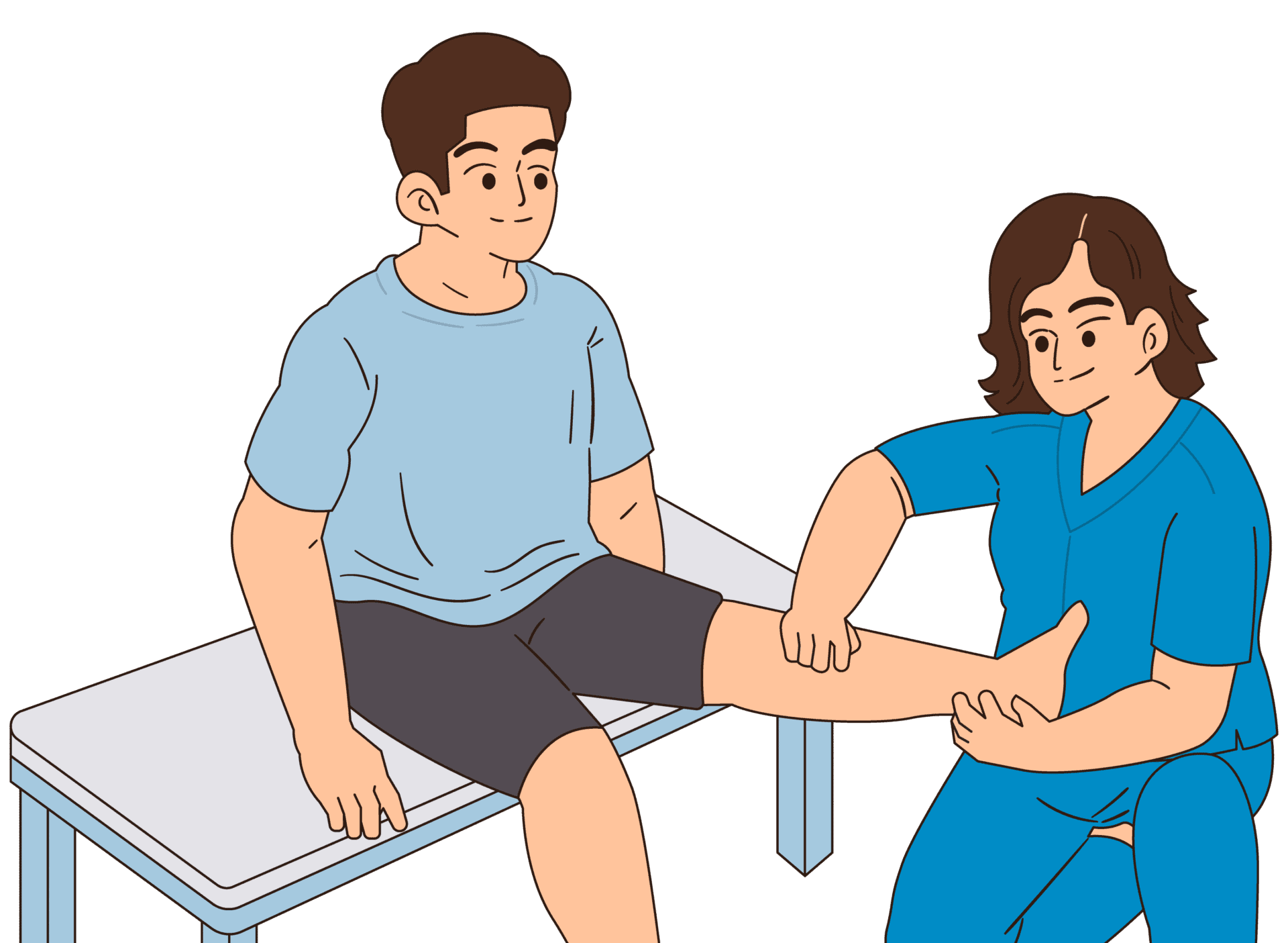As a parent, you play the most important role in your child’s speech and language development. While professional speech therapy provides essential support, there are many simple yet effective strategies you can use at home to boost your child’s communication skills every day.
Create a Language-Rich Environment
Transform your home into a place where communication thrives. Narrate your daily activities as you do them – “Now I’m washing the dishes” or “Let’s put on your red shoes.” This constant exposure to language helps children understand the connection between words and actions.
Read Together Daily
Reading isn’t just about bedtime stories. Make it interactive by asking questions like “What do you think happens next?” or “Can you find the blue car?” Choose books with repetitive phrases that your child can join in with, building their confidence and participation.
Follow Your Child’s Lead
Pay attention to what captures your child’s interest and build conversations around it. If they’re fascinated by trucks, use that enthusiasm to expand vocabulary – “big truck,” “red truck,” “truck goes beep beep.” This natural approach makes learning feel like play.
Use the Power of Repetition
Don’t worry about saying the same words over and over. Repetition is how children learn. When your child says “car,” you can expand with “Yes, it’s a big blue car!” This technique, called modeling, helps them hear correct pronunciation and learn new words.
Celebrate All Communication Attempts
Every gesture, sound, or word attempt is progress worth celebrating. Whether your child points to what they want or tries to say a new word, acknowledge their effort enthusiastically. This positive reinforcement encourages them to keep trying.
Reduce Screen Time During Conversations
While educational apps can be helpful, face-to-face interaction is irreplaceable for speech development. During meals and play time, put devices away and focus on real conversations. Your child learns more from watching your mouth move and hearing your voice than from any screen.
Make It Fun with Songs and Games
Children learn naturally through play. Singing songs with hand motions, playing peek-a-boo, or simple games like “I Spy” make language development enjoyable. These activities also help with memory, rhythm, and social skills.
When to Seek Professional Help
Remember, every child develops at their own pace. However, if you have concerns about your child’s speech development, don’t hesitate to consult with a speech-language pathologist. Early intervention can make a significant difference in your child’s communication journey.
At Quality Therapy Providers, we believe in empowering families with the tools and knowledge they need to support their child’s growth. These simple strategies, combined with professional guidance when needed, can help your child develop strong communication skills that will benefit them throughout their life.
Ready to learn more about supporting your child’s development? Contact our team at Quality Therapy Providers to schedule a consultation and discover how we can work together to help your child reach their full potential.




